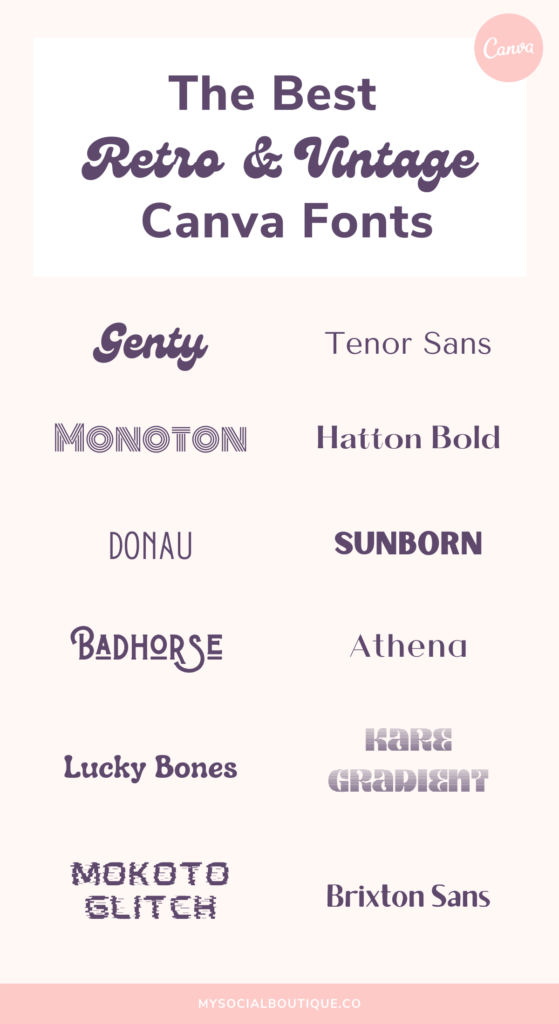Creality Official K2 Plus Combo 3D Printer, Multi Color Printing with CFS 600mm/s High-Speed Full Auto-Leveling Dual Al Camera Next-Gen Direct Drive Extruder Build Volume 13.78x13.78x13.78 inch
$1,349.00 (as of June 21, 2025 23:57 GMT +00:00 - More infoProduct prices and availability are accurate as of the date/time indicated and are subject to change. Any price and availability information displayed on [relevant Amazon Site(s), as applicable] at the time of purchase will apply to the purchase of this product.)Have you ever wondered how technology can revolutionize educational infrastructure? Indeed, we live in an era where advancements such as 3D printing are drastically reshaping various industries, from aerospace to automotive, and now, to construction. This significant progression is happening in Qatar, where UCC Holding is partnering with COBOD to 3D print schools.

$30 off $400+ Anycubic Products with code AC30OFF
UCC Holding and COBOD: A Groundbreaking Partnership
UCC Holding, an influential construction and infrastructure company based in Qatar, has set its sights on transforming the educational landscape. Their collaboration with COBOD, Denmark’s pioneering manufacturer of concrete 3D printers, marks a monumental step towards this transformation. On September 22, 2024, this partnership was formally solidified in Doha at a signing ceremony attended by prominent figures like Mr. Ramez Al Khayyat, President of UCC Holding, and Mr. Henrik Lund-Nielsen, CEO and Founder of COBOD.
The Vision: Large-Scale 3D Printing for Schools
The mission is ambitious yet inspiring: to construct schools over an area of 40,000 square meters using third-generation 3D printers. What makes this endeavor even more remarkable is its aim to set a Guinness World Record for the largest buildings made with 3D printing technology. This initiative not only speaks volumes about the potential of 3D printing in construction but also sets a new standard for educational infrastructure.
Why 3D Printing?
Sustainability and Environmental Benefits
The use of 3D printing technology in construction is not merely about innovation; it aligns beautifully with sustainability goals. Qatar’s National Vision 2030 emphasizes sustainability, and this project fits perfectly within that framework. The technology allows for the construction of buildings with fewer raw materials while maintaining structural integrity. This translates to a significant reduction in waste and material usage.
Mr. Moutaz Al Khayyat, Chairman of UCC Holding, eloquently stated:
“This partnership with COBOD is a significant leap for the construction sector, not only in Qatar but globally. We always strive to adopt the latest technologies that contribute to sustainability and efficiency in our operations, and this project is aligned with Qatar National Vision 2030.”
Efficiency and Quality
Beyond sustainability, the integration of 3D printing technology means improved efficiency and quality in construction. The technology automates concrete construction, optimizing the use of both concrete and reinforcements. This automation reduces labor requirements, shortens project timelines, and enhances the overall quality of the structures.
Mr. Ramez Al Khayyat emphasized:
“By integrating advanced construction methods, we reduce labor requirements, improve quality, minimize waste, shorten project timelines, reduce material usage, and cut carbon emissions, all of which contribute to environmental preservation.”
Technological Advancement
Henrik Lund-Nielsen, CEO and Founder of COBOD, pointed out the broader implications:
“3D printing allows us to reduce waste, minimize material use, decrease CO2 emissions, and build in an environmentally responsible way.”
This underscores a pivotal shift in how construction projects can be undertaken, pushing the boundaries of technology, scale, and sustainability.

Buy Photon Mono M5 Get Free 1KG Resin
The Scope of the Project
School Design and Specifications
The project envisions the construction of two schools, each with a two-story structure occupying a footprint of 100 meters by 100 meters. Scheduled to commence in 2025, this project will use two BOD XL printers from COBOD. These impressive machines measure 50 meters in length, 30 meters in width, and 15 meters in height. They represent the pinnacle of 3D printing technology and will be the key drivers in making this project a reality.
In-Depth Technical Collaboration
The agreement between UCC Holding and COBOD includes comprehensive support from COBOD in various aspects such as design, manufacturing, installation, and operation of the concrete printers. Furthermore, COBOD will provide on-site training and technical assistance, ensuring an efficient and smooth 3D printing process.
Below is a quick snapshot of the project scope for easy understanding:
| Specification | Details |
|---|---|
| Project Area | 40,000 square meters |
| Number of Schools | 2 |
| School Structure | Two-story, 100m x 100m footprint |
| Printers Used | Two BOD XL printers |
| Printer Dimensions | Length: 50m, Width: 30m, Height: 15m |
| Project Start Date | 2025 |
Implications for the Future
Redefining the Construction Industry
This venture is a harbinger of long-term changes in the construction industry. The successful implementation of this project has the potential to significantly influence other sectors by proving that large-scale, sustainable, and efficient construction is feasible with 3D printing technology.
Educational Impact
For the educational sector, this project signifies more than just the construction of new buildings. It represents a forward-thinking approach to creating learning environments that are not only structurally sound but also built with minimal environmental impact. This aligns with broader educational goals of fostering sustainability awareness among students.
Conclusion
Your adventure into the fascinating intersection of technology and education has just begun. This collaborative effort between UCC Holding and COBOD stands as a testament to what is possible when innovation meets purpose. The project aims to break records and set new standards, but more importantly, it serves as a beacon of sustainability and efficiency. As you follow this unfolding story, you’ll witness how 3D printing technology is not just constructing buildings but also constructing a sustainable future for our next generations. With this endeavor, the future of construction and education seems not only promising but guaranteed to be groundbreaking.
$30 off $400+ Anycubic Products with code AC30OFF







